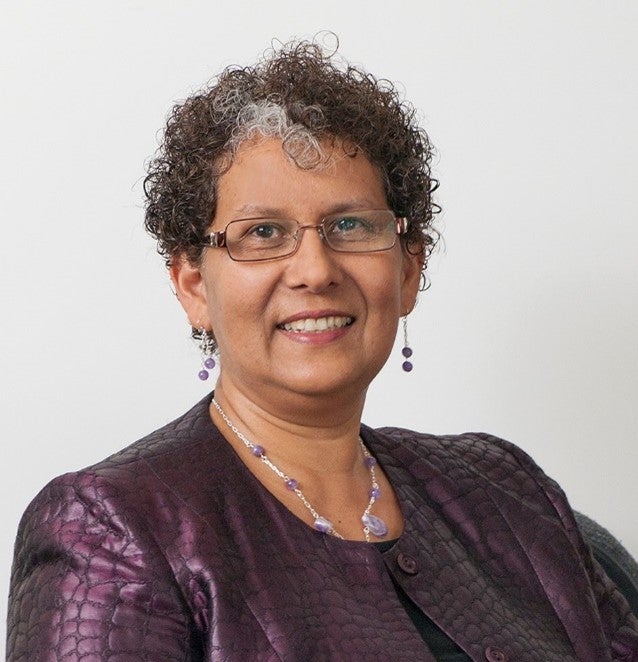The University of Waterloo is home to a diverse group of researchers, entrepreneurs and students, including world-renowned faculty who engage in all forms of scholarship. Our community builds on the University’s core research strengths while also leading inquiry into new and emerging fields and industries. Additionally, Waterloo researchers are strengthening Canada's economy by developing new businesses and training the next generation of highly qualified personnel.
Quick links

Dr. Charmaine B. Dean, Vice-President, Research and International
The Office of the Vice-President, Research and International (OVPRI) provides guidance and expertise to researchers through each stage of the research trajectory. From applying for and managing funds to safeguarding research and cultivating collaborations with industry or public sector partners, the OVPRI offers tailored advice and administration at every stage.
We move ideas from the lab to the marketplace through our key differentiators, including Waterloo's unique creator-owned IP policy, Velocity – Waterloo’s flagship hub for entrepreneurship and the Waterloo Commercialization Office (WatCo).
Guided by the University’s Global Futures, our researchers work across disciplines to advance society, health, the environment, technology and the economy. It is at these intersections that we are uncovering and driving the bold solutions needed to address the world’s most complex challenges.
OVPRI staff work with our community across all disciplines to accelerate research outcomes, innovation, entrepreneurship and global impact.
Charmaine B. Dean
Email: vpri@uwaterloo.ca
Connect with me on LinkedIn
Research and innovation news and events
News
From lab to clinic: WatCo's strategic support for WatDAT
Prestigious Research Awards - reflections on the value and the journey
Dean of Arts elected secretary of RSC Academy of Arts and Humanities
Dr. Alexie Tcheuyap, Dean of Arts, has been elected as Secretary of the Royal Society of Canada’s (RSC) Academy of Arts and Humanities. Serving for a three-year term, Tcheuyap will also become a member of the RSC Council, the organization’s principal governing body.

